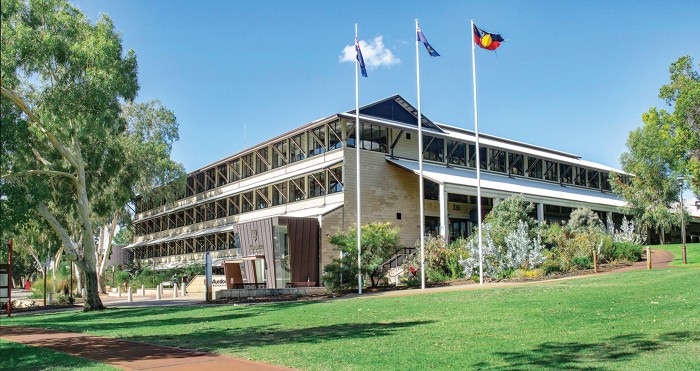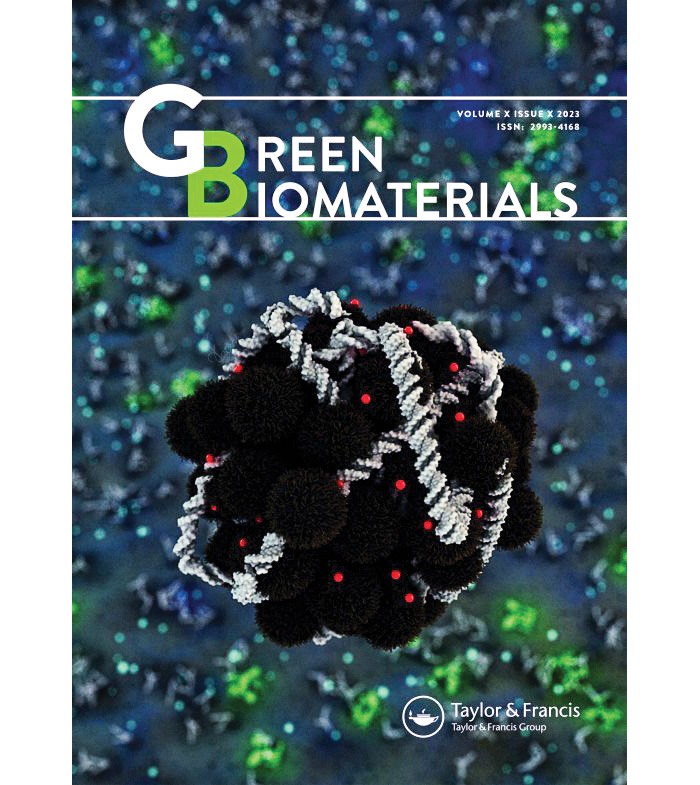Advertisement
Grab your lab coat. Let's get started
Welcome!
Welcome!
Create an account below to get 6 C&EN articles per month, receive newsletters and more - all free.
It seems this is your first time logging in online. Please enter the following information to continue.
As an ACS member you automatically get access to this site. All we need is few more details to create your reading experience.
Not you? Sign in with a different account.
Not you? Sign in with a different account.
ERROR 1
ERROR 1
ERROR 2
ERROR 2
ERROR 2
ERROR 2
ERROR 2
Password and Confirm password must match.
If you have an ACS member number, please enter it here so we can link this account to your membership. (optional)
ERROR 2
ACS values your privacy. By submitting your information, you are gaining access to C&EN and subscribing to our weekly newsletter. We use the information you provide to make your reading experience better, and we will never sell your data to third party members.
Publishing
Chemist under scrutiny resigns from Australian university
Navid Rabiee’s departure follows questions about new journal he edits
by Dalmeet Singh Chawla, special to C&EN
May 8, 2024

Chemist Navid Rabiee resigned from his position at Murdoch University at the end of April amid questions about several of his studies and a new journal he is associated with.
It’s unclear why Rabiee resigned from the university, but he is also the editor-in-chief of Green Biomaterials, a chemistry journal recently launched by the publisher Taylor & Francis. On April 30, C&EN reported that Green Biomaterials had come under scrutiny from critics online, who noted that almost all the journal’s editorial board members have several of their studies flagged on PubPeer, a site where scientists discuss papers.
Being flagged on PubPeer often, but not always, means the integrity of the work is in question. Thirty-one of Rabiee’s studies are flagged on PubPeer for various reasons, including reporting unlikely results; having questionable references, often to retracted studies; and including excessive self-citations.
Now, a Murdoch University spokesperson tells C&EN that Rabiee has handed in his resignation. “As he is no longer an employee, references to Dr Rabiee were removed from the University’s website as is standard practice,” the spokesperson says in an email. “The University cannot comment on matters relating to an individual but will always act to ensure the highest standard of responsible research conduct and academic integrity is maintained.”
Meanwhile, a second Australian institution, Macquarie University, where Rabiee held an honorary position until February, has launched an assessment of his work. “An assessment is underway concerning several alleged issues raised about research published while he was affiliated with the University,” a spokesperson for Macquarie says in an email. “If required upon the completion of the process, appropriate action will be taken under the Macquarie University Code for the Responsible Conduct of Research.”
In a paper published in May by the International Journal of Biological Macromolecules, Rabiee is also listed as being affiliated with India’s Saveetha University.
On April 24, a spokesperson for Taylor & Francis told C&EN the firm was investigating “allegations of misconduct” involving research by Rabiee and the editorial board members of Green Biomaterials. Responding to a new query, the spokesperson says Taylor & Francis doesn’t currently have anything to add.
Rabiee earlier told C&EN that the journals where his work was published have cleared him of any wrongdoing. “After a thorough investigation by field specialists, all accusations were found to be false, and my articles were upheld,” he wrote. “Now, the journals and publishers are aware of the falsity of these accusations, so no matter how many false comments are made, it is not worth addressing.”





Join the conversation
Contact the reporter
Submit a Letter to the Editor for publication
Engage with us on Twitter